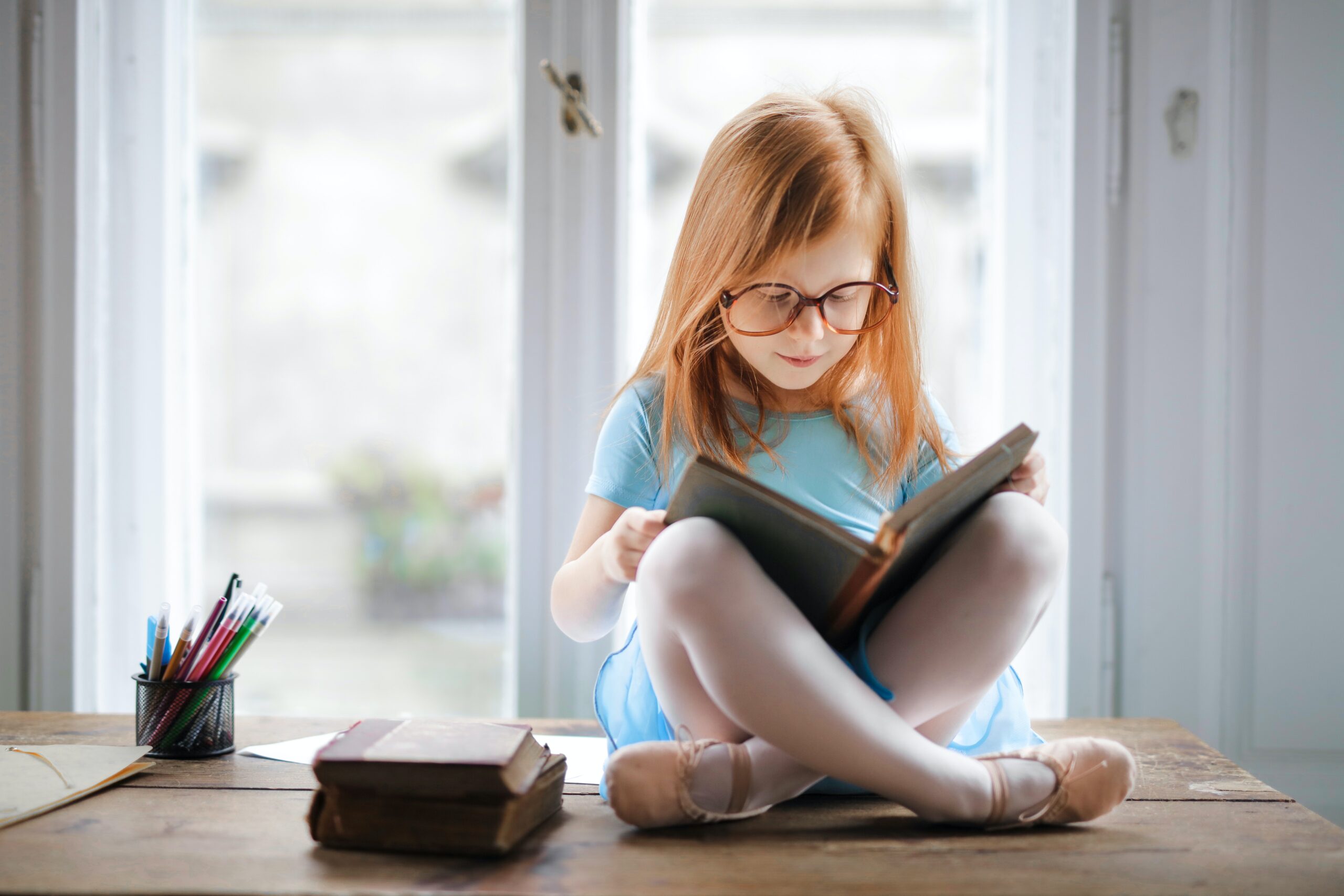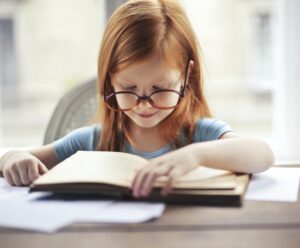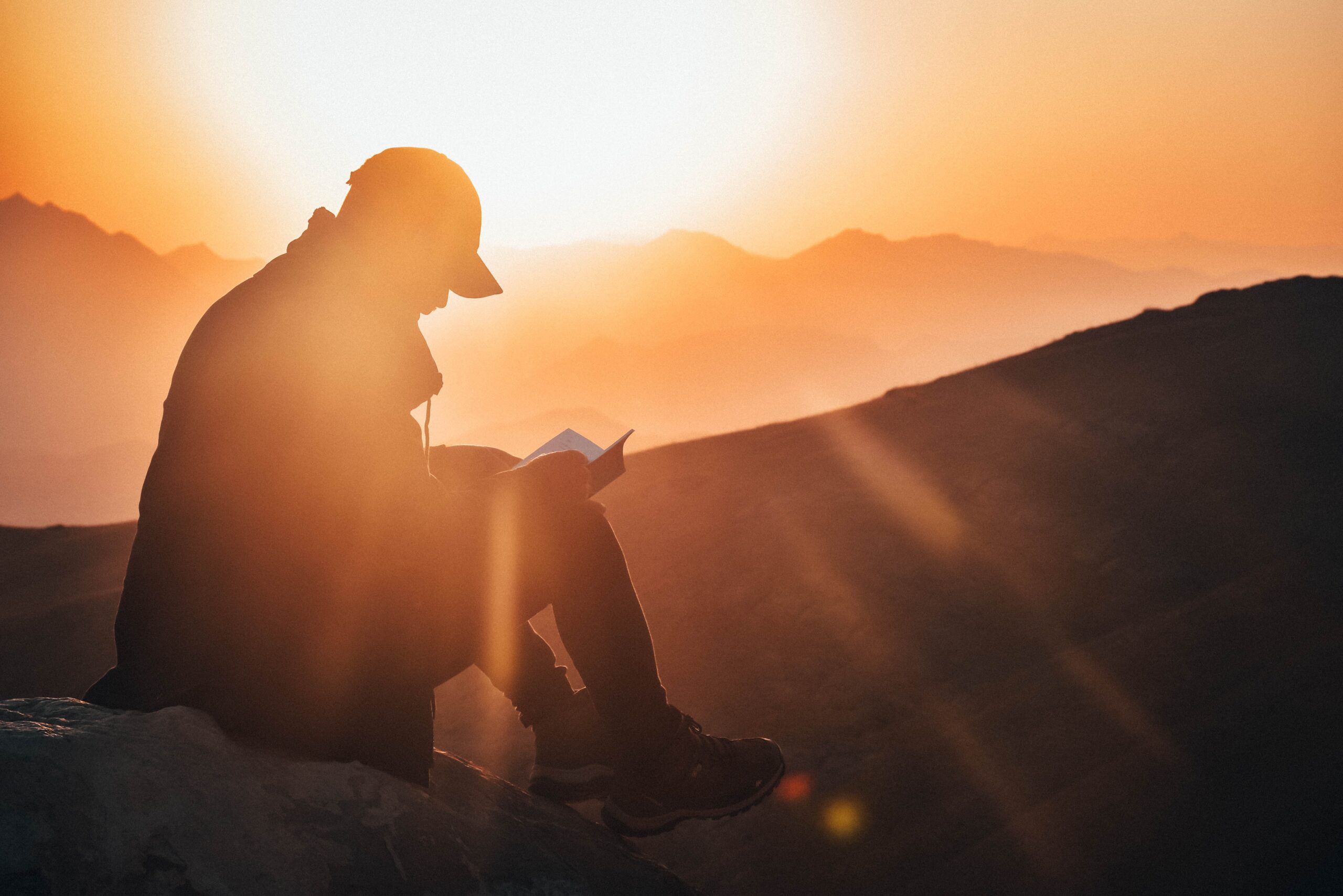
In honour of National Reading Day on 23rd January, we’re very pleased to share recommendations from Hammersmith Books authors about the books they loved best when growing up, or that got them reading.
Frances Ive, author of One Step Ahead of Osteoarthritis, says: ‘I am going to say: Alice in Wonderland, which I loved so much that it got my imagination going. I think Peter Pan and all Enid Blyton books (especially The Famous Five) did the same.’
Craig Robinson, author most recently of The Energy Equation with Sarah Myhill, says: ‘Red Shift by Alan Garner. Do read it – all in one sitting! And then leave it and read it again! I have now read it about 8 times (last year being the most recent)… and each time I feel something new……achingly new.’
Caroline Freedman, author of The Scoliosis Handbook, says ‘My favourite childhood book way ahead of any other is Chitty Chitty Bang Bang by Ian Flemming. I used to wait for my father every evening to come home from work and read to me. I must have been about 3 or 4 years old as I can remember sitting in our old family home in Wembley waiting for him. The most exciting part in the book for me and one I would make him repeat over and over again, in a funny and scary voice, is the line…”These guns belong to Joe the Monster”. We would then discuss the story and what we thought might happen just so I could stay up as long as possible.’
Raymond Perrin, author of The Perrin Technique, says: ‘My favourite 2 books as a child were All Creatures Great and Small by James Herriot and My Family and Other Animals by Gerald Durrell. I loved animals and wanted to be a vet or own a zo, so definitely recommend these two if any child has the same dreams.‘
Trevor Griffiths, co-author of forthcoming Emotional Logic (May 2021) says: ‘For National Reading Day, [co-author] Marian’s first choice is Black Beauty. Mine is Swallows and Amazons. This feels timely, because an 8-year-old granddaughter who is a fast reader is running out of ideas.’
Magnolia Cardona, author of forthcoming When the Time Comes: stories from the end of life (March 2021) says: I can’t really remember THE first book that gave me the love of reading but one of the early ones was The Little Prince by Antoine de Saint-Exupéry.
I couldn’t have enough of it and read it in three languages over the course of my primary school. However, to get today’s children reading passionately I would highly recommend Matilda by Roald Dahl.
This little book got my daughter reading 10 books per week (she was the public library’s best customer!), and she later moved to another one I highly recommend: George’s Secret Key to the Universe by Lucy and Stephen Hawking (and the rest of George’s series). That book collection led her to join the local astronomy club for years until end of high school.’
Sarah Russell, author of The Bowel Cancer Recovery Toolkit, says: ‘The first book that made an impact on me was the Sports Nutrition Guidebook by  Nancy Clark. Even as a young girl I had an interest in health, exercise and nutrition. I used to read and re-read this book over and over again.’
Nancy Clark. Even as a young girl I had an interest in health, exercise and nutrition. I used to read and re-read this book over and over again.’
Sandra Hood, author of the forthcoming Feeding Your Vegan Child (June 2021), says: ‘My recommendation for National Reading Day has to be The Lion, the Witch and the Wardrobe. I remember reading this at school and borrowing it from the book cupboard. I had to write my name in a book that was
hung up on a string with a pencil attached. You felt like you could go into this wonderful world just through the wardrobe and meet lovely Mr Tumnus at the lamppost and being offered Turkish delight from the witch in a sleigh – magical!’
Antonina Mikocka-Walus, author of IBD and the Gut-Brain Connection, says ‘Too many books to choose the favourite, but The Six Bullerby Children by Astrid Lindgren (author of Pippi Longstocking) was probably one of the first I read myself rather than being read to me by my parents.’
Susan Koten, author of Irritable Bowel Syndrome and Giardia, says: ‘I loved reading Just William by Richmal Crompton.’
Martyn Hooper, author most recently of Five-a-Day Plus One: the Vitamin B12 Cookbook, says: ‘My love of books started with Enid Blyton, especially the Secret Series and particularly the Secret of Moon Castle. The books were readily available in my primary school library and we were actively encouraged to take a book home over the weekend. But, I soon tired of the plots that started to sound far too similar. And it was when I was around 10 years old that my grandfather gave me my first proper book; it was a thick hardback complete with a dustcover showing a one-legged pirate, propped up by a crutch looking dangerous, mean and foreboding. A golden hoop earring hung from his left ear. From page one I was not only captivated by the characters but also capitulated into the 18th Century world of Pirates. There was talk of Buried Treasure. Black Spots and Mutiny all centred around a parade of wonderful characters somehow related to Captain Flint and his old shipmate Long John Silver. There was Billy Bones, Black Dog, Blind Pew and Jim Hawkins. And the wonderfully eccentric, intelligent and cheese-loving (toasted mostly) Ben Gunn. It was Treasure Island that led to my first and last nightmare, but none of the above was responsible. It was the cruel, frightening, stealthy and sly Israel Hands who chased me, and Jim Hawkins, up one of the Hispaniola’s masts with a large knife held between his teeth.
Mary Jordan, author most recently of The ‘D’ Word: Rethinking Dementia, says: ‘When I was very young I read a lot of Enid Blyton. I have no idea why she is so frowned upon. She used good clear English and wrote stuff that kept you reading. However, probably the book I would nominate would be The Lion, The Witch and The Wardrobe, together with the other Narnia books.’
Julie Sullivan, author of The Gallstone-friendly Diet, says: ‘Two books are responsible for my early love of reading – Watership Down by Richard Adams, and The Lion, The Witch and the Wardrobe by CS Lewis.’
Jo Waters, co-author of What’s Up With Your Gut?, says: ‘I loved Noel Streatfield’s Ballet Shoes , which my mother had loved as a child too . It was about the Fossil family, Pauline, Petrova and Posy, who were all very talented and lived in London and had been adopted by an (absent) professor who was away fossil hunting and were cared for by a nanny. They were left to their own devices a lot and I liked the sound of that . After that I read all her books and joined the Puffin Book Club and ordered a book every month. It was really Ballet Shoes that kicked off a lifelong love of reading.’
Clarissa Foster, author of Understanding BRCA, says: ‘My first favourite book was The Famous Five novel series by Enid Blyton. I first read them when I was around 8 years old and couldn’t put them down!’

